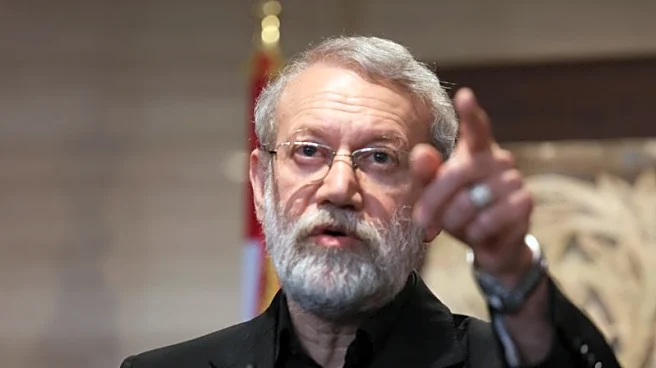Rapid Read • 8 min read
The Paris Agreement, adopted in 2015, stands as a pivotal global climate accord, aiming to limit the rise in global temperatures to below 2°C above pre-industrial levels, with efforts to cap the increase at 1.5°C. This legally binding agreement requires countries to set emissions-reduction targets, known as nationally determined contributions (NDCs), which are to be updated every five years with more ambitious goals. The agreement, which came into force in 2016, also addresses adaptation to climate change, financial support for developing countries, and technology transfer. The UN Framework Convention on Climate Change (UNFCCC) serves as the overarching body for these efforts, with the Conference of the Parties (COP) as its decision-making arm.
AD
The Paris Agreement represents a significant step in international climate policy, as it involves commitments from nearly all countries, both developed and developing, to reduce greenhouse gas emissions. This global cooperation is crucial for addressing climate change, which poses severe risks to ecosystems, economies, and societies worldwide. The agreement's emphasis on financial and technological support for developing nations is vital for ensuring equitable participation and progress. By setting a framework for countries to enhance their climate actions over time, the Paris Agreement aims to foster a collective effort to mitigate climate change impacts.
Countries are expected to submit updated NDCs, reflecting increased ambition, as part of the ongoing implementation of the Paris Agreement. The upcoming COP meetings will continue to serve as platforms for negotiating and reviewing progress. The focus will likely remain on enhancing financial mechanisms, technology transfer, and capacity building to support developing countries. Additionally, the global community will need to address challenges such as ensuring compliance and transparency in reporting emissions reductions.
The Paris Agreement's success hinges on its ability to balance the diverse interests of participating countries while maintaining a unified approach to climate action. The agreement's non-binding nature regarding enforcement mechanisms poses challenges, as countries have the flexibility to set their own targets. This could lead to disparities in ambition and implementation. Furthermore, the agreement's reliance on voluntary contributions highlights the importance of international cooperation and trust in achieving its goals.
AD
More Stories You Might Enjoy












